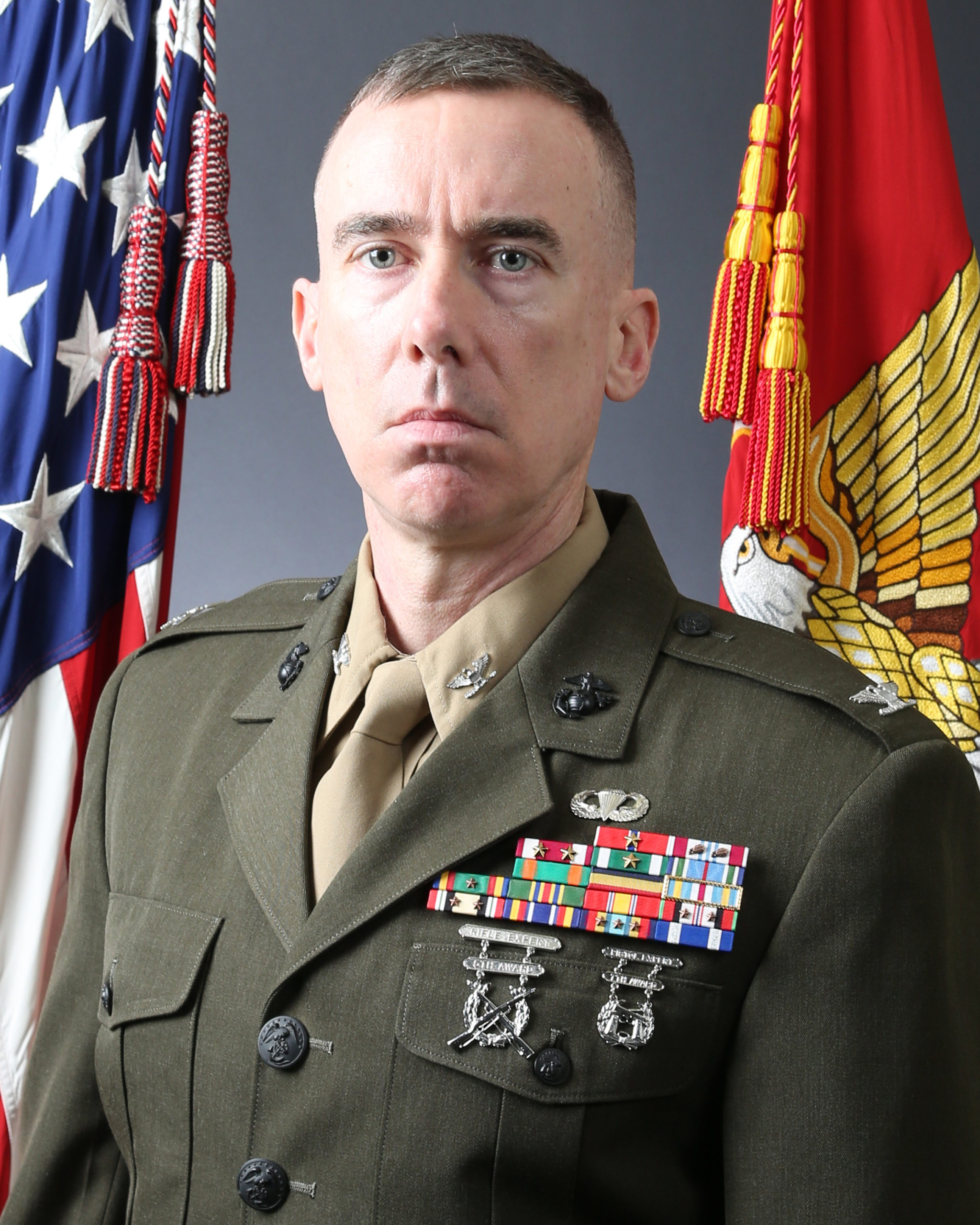
Marine Corps Colonel Brian Russell discusses his experiences with Joint Task Force ARES, allied and joint force partnerships, and lessons learned which are relevant for synchronizing operations in the Information Environment going forward. He also provides an overview of the Marine Corps’ information operations capability: the Marine Expeditionary Force Information Group (MEF Information Group) — collect, protect, and project.
Books and articles discussed and other resources:
Colonel Brian Russell is the commanding officer of II Marine Expeditionary Force Information Group (II MIG) in Camp Lejeune, North Carolina. He commissioned as a Marine Corps Officer in December 1995 from North Carolina State University. Upon completion of basic officer training he went on to become a field artillery officer. His combat deployments include serving as the Military Transition Team Leader in Habbaniyah, Iraq, the executive officer of Brigade Headquarters Group in Helmand Province, Afghanistan and Plans Director in Bagram, Afghanistan. Some of his notable staff assignments include: Operations Directorate at Marine Corps Special Operations Command, Operations Directorate at United States Cyber Command, and U.S. Plans Directorate at Marine Corps Forces Cyberspace Command.
IPA is a non-profit organization dedicated to exploring the role of information activities, such as influence and cognitive security, within the national security sector and helping to bridge the divide between operations and research. Its goal is to increase interdisciplinary collaboration between scholars and practitioners and policymakers with an interest in this domain.
For more information, please contact us at communications@information-professionals.org.
Disclosure: As an Amazon Associate, 1) IPA earns from qualifying purchases, 2) IPA gets commissions for purchases made through links in this post.